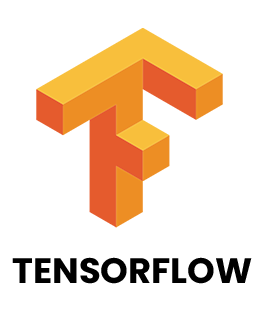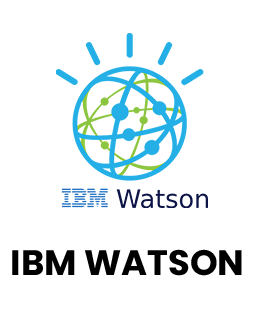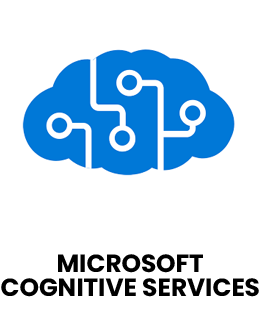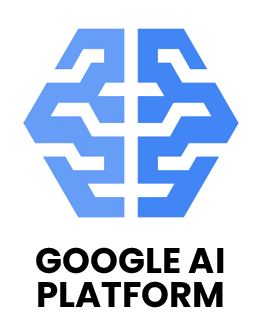1. How can Artificial Intelligence be described and why is it important for modern businesses?
Ans:
Artificial Intelligence is the capability of machines to perform tasks that require human-like reasoning, learning and decision-making. In today’s business world, AI enhances customer experiences, optimizes workflows and supports data-driven decision-making. Its implementation helps organizations improve efficiency, minimize errors and develop innovative solutions across various industries.
2. How are Artificial Intelligence, Machine Learning and Deep Learning connected?
Ans:
Artificial Intelligence is the overarching field focused on creating intelligent systems capable of human-like thinking. Machine Learning, a subset of AI, allows systems to learn patterns from data without explicit programming. Deep Learning, an advanced branch of ML, processes complex data such as images, speech and text using multi-layered neural networks, powering applications like chatbots and autonomous vehicles.
3. How do supervised, unsupervised and reinforcement learning differ?
Ans:
Supervised learning uses labeled data with predefined inputs and outputs, making it suitable for tasks such spam detection or loan approvals. Unsupervised learning examines unlabeled data to identify hidden patterns or clusters, often applied in market segmentation. Reinforcement learning teaches systems through trial and error, rewarding correct actions and is commonly used in robotics, gaming and automation.
4. How can overfitting in Machine Learning models be prevented?
Ans:
Overfitting occurs when model performs exceptionally well on training data but poorly on new data due to over-specialization. Techniques like regularization, dropout layers, early stopping and cross-validation help mitigate this problem. Increasing dataset size and simplifying model architecture further improve generalization and reliability across unseen scenarios.
5. What is Natural Language Processing (NLP) and how is it applied in business?
Ans:
Natural Language Processing enables machines to understand, interpret and respond to human language. Businesses use NLP in chatbots, sentiment analysis, automated translation and document classification. By converting unstructured text into structured insights, NLP improves communication, enhances operational efficiency and delivers better customer experiences.
6. How does training work in a neural network?
Ans:
Neural network training involves passing input data through layers of interconnected nodes to produce an output, which is compared to the expected result. The difference is corrected using backpropagation, updating the network’s parameters to reduce errors. This iterative process continues until the model achieves high accuracy and performs consistently on new data.
7. Which metrics are used to assess classification model performance?
Ans:
Classification models are evaluated using metrics such as accuracy, precision, recall and F1-score. Accuracy measures overall correctness, precision assesses the validity of positive predictions and recall determines how well relevant instances are captured. F1-score balances precision and recall, especially useful for datasets with uneven class distributions.
8. How do ethical considerations impact Artificial Intelligence development?
Ans:
Ethical considerations ensure AI systems are fair, transparent and accountable. Addressing bias, protecting user data and maintaining model interpretability are crucial for building trustworthy AI. By following ethical AI frameworks, organizations gain user trust, comply with regulations and align technological solutions with societal values.
9. What is reinforcement learning and where is it applied effectively?
Ans:
Reinforcement learning trains agents to learn from interactions with the environment, using rewards for correct actions and penalties for mistakes. Over time, the system refines strategies to maximize outcomes. It is widely applied in robotics, logistics optimization, autonomous systems and intelligent gaming or control algorithms.
10. Why do professionals pursue careers in Artificial Intelligence?
Ans:
A career in AI offers opportunities to work on innovative technologies that address complex global challenges. The field fosters analytical thinking, creativity and experimentation while providing continuous learning and growth. Its applications across healthcare, finance and automation make AI an exciting and impactful career path for the future.


























